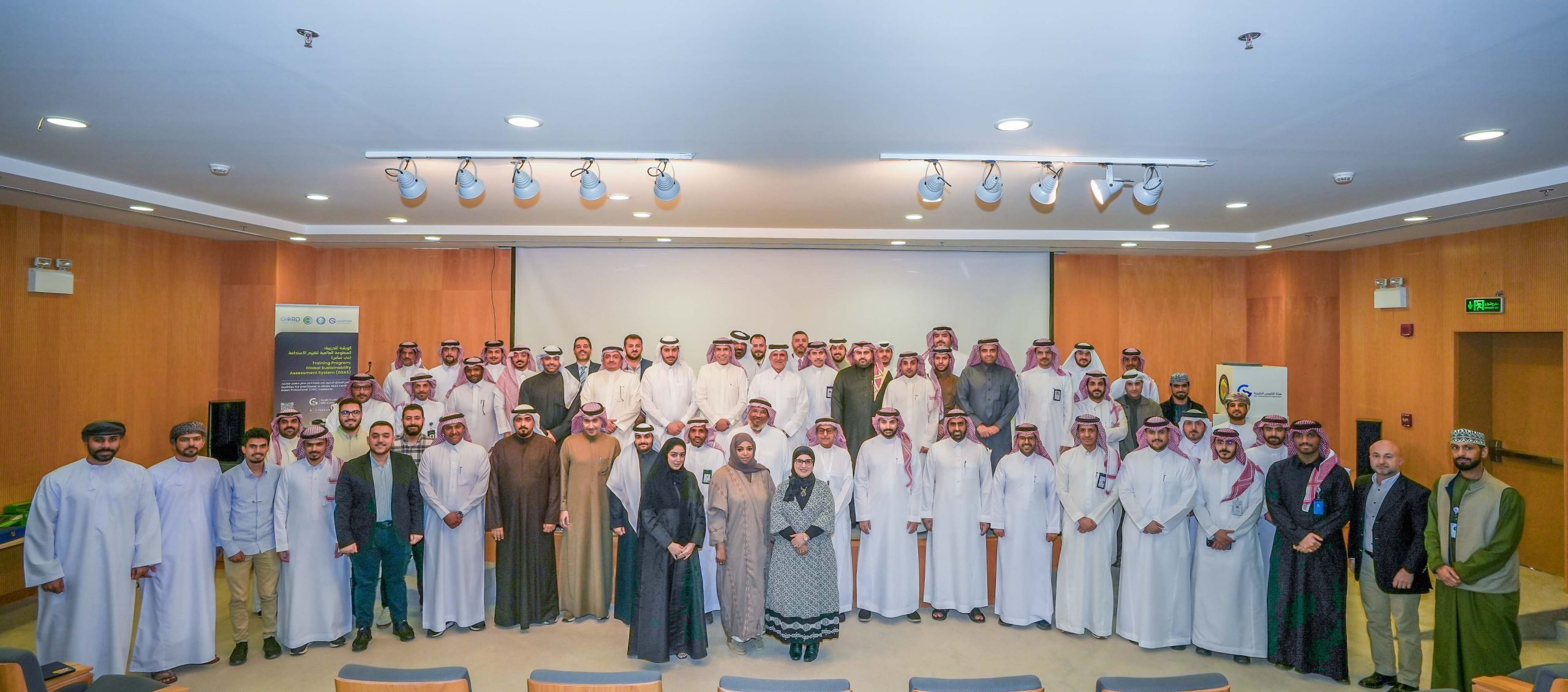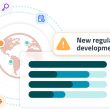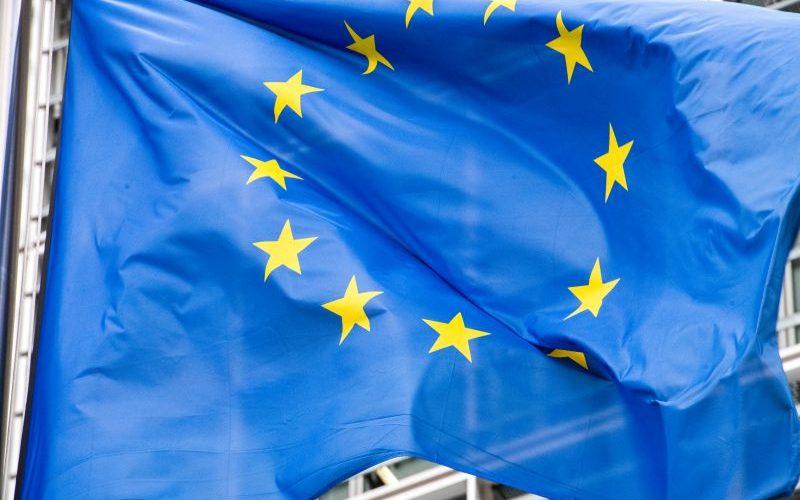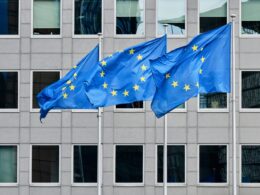The European Commission has adopted a new Strategic Framework for a Competitive and Sustainable EU Bioeconomy, outlining plans to scale up renewable, bio-based industries and reduce the bloc’s reliance on fossil fuel imports.
The strategy aims to expand the use of biological resources from land and sea — including agriculture, forestry, fisheries, aquaculture and biomanufacturing — to support a more circular, low-carbon economy. With a value of €2.7 trillion in 2023 and 17.1 million jobs (8% of EU employment), the bioeconomy is already a major economic pillar but remains significantly underused, the Commission said.
Innovation and regulation at the centre of the plan
The Commission plans to accelerate bio-based innovation by simplifying regulatory processes, speeding up approvals for new technologies and directing EU funding toward bio-based research and scale-up. A new Bioeconomy Investment Deployment Group will be created to build a pipeline of bankable projects and attract private capital.
Building markets for bio-based products
The strategy identifies key sectors with high economic and climate potential — including bio-based plastics, textiles, fertilisers, chemicals, construction materials, advanced fermentation and biogenic carbon storage. A new Bio-based Europe Alliance will be launched to help companies collectively purchase €10 billion worth of bio-based solutions by 2030.
Ensuring sustainable biomass supply
The plan stresses the need for responsible biomass sourcing and better use of secondary biomass, such as agricultural residues and organic waste. Farmers and foresters who protect soils, strengthen carbon sinks and promote sustainable practices will be supported through targeted initiatives.
Strengthening Europe’s global position
With strong research capabilities and industrial capacity, the EU aims to position itself as a global leader in sustainable bio-based technologies. The Commission said new partnerships will help diversify supply chains and reduce Europe’s exposure to geopolitical risks.
The updated framework builds on the EU’s previous bioeconomy strategies from 2012, 2018 and 2022, shifting focus toward industrial deployment, competitiveness and resilience.















